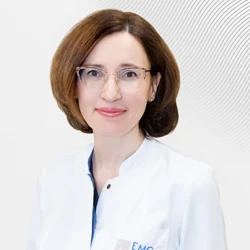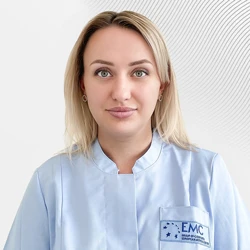"My baby gets sick so often, I don't know what to do anymore," such a phrase can be heard quite often. However, how to understand that a child is really a lot sick, and most importantly – how to avoid it?
Parents worry very much when their child is not healthy, and over time it seems to many that the baby is sick too often. Usually, a baby begins to be "actively" ill from the age of three, when he goes to kindergarten. It is in kindergarten that a child encounters numerous viruses that cause diseases, some of which pass almost unnoticeably with possible manifestations in the form of a mild runny nose. But there are some pretty serious ones. In any case, it must be remembered that there are no children who do not get sick at all, and only after suffering a certain number of viral infections, the child acquires his immunity.
What parents need to know about childhood illnesses
- Up to the age of five, a child can experience 50 different viral infections.
- It is considered normal if a child between the ages of three and six gets sick five or six times a year. If a child does not get sick at all, there is no guarantee that he will not get sick later. At the same time, with age, the likelihood of complications after "childhood" diseases increases, for example, with mumps, smallpox and other diseases. If a child gets sick more than six times a year or the recovery period lasts longer than 10-12 days, then such a baby can be called "OFTEN SICK."
Why can a child often get sick
- This is often due to inadequate treatment. For example, a child with a viral infection may be prescribed a large number of medications, including antibiotics that are not suitable for his age.
- Ignoring vaccination. Many parents, due to ignorance, refuse to vaccinate their child, considering vaccinations to be a "blow to the immune system", a cause of serious complications, or even unnecessary. However, vaccination is necessary for the child, because with its help, antibodies begin to be produced in the baby's body that protect the body from the disease. Complications after vaccinations are thousands of times less common than after diseases that are vaccinated against.
- Allergic predisposition. "Allergic people" may get sick more often and more severely than other children. With allergies, the villi of the epithelium of the mucous membrane of the respiratory tract, which do not allow infection to enter, can atrophy, which is why the nasopharyngeal mucosa ceases to perform its protective function. Chronic nasopharyngeal infections and, first of all, adenoiditis.
Many parents ask: "Is it dangerous for the child's health if he is often ill?" Of course, this phenomenon cannot be called safe. It happens that many diseases can become chronic and give complications.
What should I do if my child is often ill?
- Follow the usual precautions: wash your hands, dress your child according to the season, and avoid the possibility of overheating or hypothermia.
- Find out the reasons why the baby is often sick. To do this, you need to consult with a pediatrician, who can prescribe an appropriate set of examinations, as well as refer you to specialized specialists: an otolaryngologist, an allergist, etc.
- Together with the doctor, choose the necessary set of physical exercises, nutrition, and a complex of vitamins.
- It is necessary to establish a vaccination schedule with the pediatrician. A well-chosen vaccination schedule will help reduce the number of diseases of the child. Many parents are afraid to vaccinate children who are often ill, but vaccination is the most effective method of preventing infectious diseases. The main pathogens of infections in children of kindergarten age are Haemophilus influenzae type b (Hib) and Streptococcus pneumoniae (pneumococcus). The first causes prolonged otitis media, and even viral meningitis, the second causes pneumonia, sinusitis. It is very important to vaccinate children who are often ill against these infections. In Russia, there is a National vaccination Calendar, which is a schedule of mandatory vaccinations (against hepatitis B, tuberculosis, polio, measles, and others). In addition, it is recommended to carry out non-calendar vaccinations. Today, hepatitis B (Hib) vaccination with the Hiberix vaccine is included in the vaccination calendar, and it is carried out free of charge in Moscow. But Preventar, the pneumococcal vaccine, is new and is not included in the schedule of mandatory vaccinations in Russia. However, in the United States and many European countries, the Preventar vaccine is highly trusted, since children are noticeably less likely to get sick after vaccination.
Many large medical institutions, where specialist doctors of various profiles work, develop special programs for young patients. For example, the European Medical Center has a diagnostic program (Check-up) for the treatment of long-term and frequently ill children. This program is conducted under the supervision of the attending pediatrician and begins with a comprehensive examination to identify the causes of frequent morbidity (laboratory and instrumental studies). By appointment, such an examination can be carried out within one day, which is very convenient for both parents and children. This is followed by consultations with leading specialists, individual selection of therapy, as well as choosing the optimal vaccination schedule, including hepatitis B (Hib) and pneumococcus.
Was this information helpful?
Questions and answers
Ask a Question







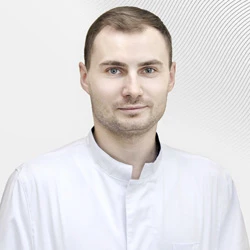
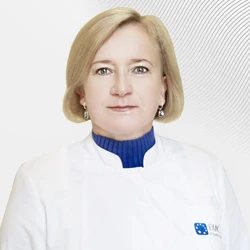
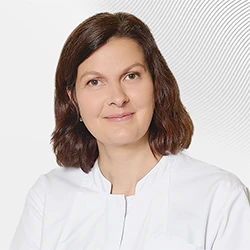

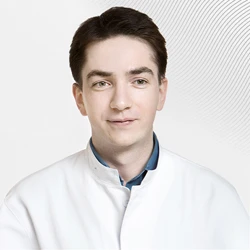
.webp)
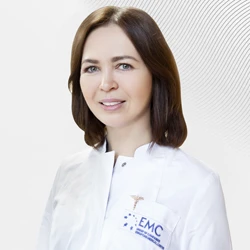


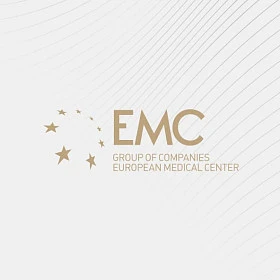

.webp)

